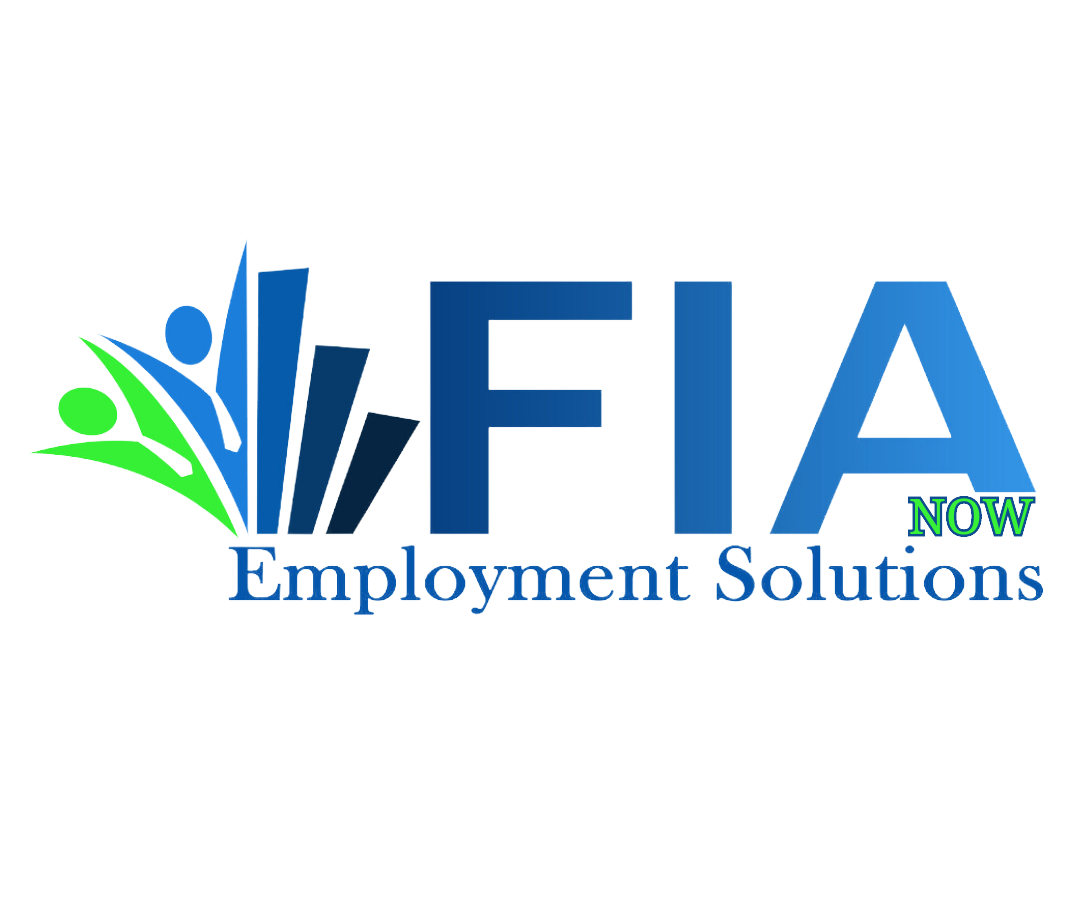
Core benefits of health insurance, 401k, sick time still rule | LVB
Core benefits of health insurance, 401k, sick time still rule
By Melinda Rizzo, May 22, 2017 at 8:00 AM
While company perks and tasty treats may bring a ray of sunshine to an ordinary workday, core employment benefits such as excellent health insurance, 401k plans and paid time off continue to reign as the benefits employees value most.
According to a Glassdoor Employment Confidence Survey, employees ranked health care insurance as the leading benefit they would prefer over a pay raise.
Health insurance came in at 40 percent, followed by vacation or paid time off at 37 percent, performance bonus at 35 percent, paid sick time at 32 percent, 401k retirement plan at 31 percent and flex time or scheduling at 30 percent.
“Good health care plan for the employee, solid health care for their family members, flexible vacation time, the ability to work remotely and 401k,” noted Lindsay Watson, vice president of client relations for FIA NYC Employment Services in Allentown.
She said those core benefits remain a top priority across all age groups and are valued most by employees and job applicants.
With workers’ ages spanning not only decades but generations – and all other things being equal, such as salary, commuting distance and opportunities for career advancement – coveted benefits may tip the scales in attracting, hiring and retention trends.
“There will always be generations of workers who need benefits and security,” Watson said. “Core benefits will always be valuable.”
VIRTUAL WORKPLACE
Steadily climbing the ranks across all worker demographics are flexible work time and work-from-home policies that allow caring for youngsters, elderly or ill family members – or even the power to have more control over how the work day is arranged or work is accomplished.
“Employees want flexibility and autonomy to work from home. The virtual workplace has become very popular, especially among millennials in the tech world,” said Sandra Soliman, financial recruiting manager at Thrivent Financial in Allentown. Thrivent is a not-for-profit financial services organization with headquarters in Minneapolis.
Some intangibles also are emerging as important, especially among younger generations.
“Employees want to belong to an organization that gives them purpose and fulfillment,” Soliman said. “Getting out of bed purely for the dollar is not as enticing as it once was.”
IMPACT OF MILLENNIALS
Flexible work schedules and work-from-home arrangements are especially popular among all age groups, but rise to the top among millennials.
Millennials, generally those born between 1977 and 2000, have driven a number of changes in company benefits, according to Jenny Padgett, human resources coordinator of Kwik Goal Ltd., Richland Township. Kwik Goal makes movable outdoor sports equipment and goals for the soccer industry.
“Millennials need the ‘great job’ pat-on-the-back a lot,” she said. “They are used to a lot of feedback, and when you give them that [attention], they stick around.”
Padgett said millennials are harder to attract because they’re often on the move.
BOOMERS AND HEALTH CARE
Padgett noted Generation X, or those born between 1966 and 1984, value 401k employer contributions, profit sharing and generous paid-time-off policies.
Baby boomers or those born between 1945-1965, hands down, are looking for great health insurance.
Company paid health care equals peace of mind and “feeling taken care of,” an important quality to this age group, according to Watson.
Generation Z, or those born after the mid-1990s to 2000 who are just entering the workforce, are looking for recognition and a focus to their work, Padgett said.
INVESTED IN THEIR WORK
Soliman said overall, employees want to be invested at and in their workplaces.
“When your most passionate employees grow silent, you have a big problem on your hands,” she said.
Being taken seriously and seen as adding value to an organization are important to job seekers, too.
“Employees want be entrepreneurial about their position,” Soliman said. “They want to serve their community and [they] want to make a difference, all while satisfying what’s asked of them.”
